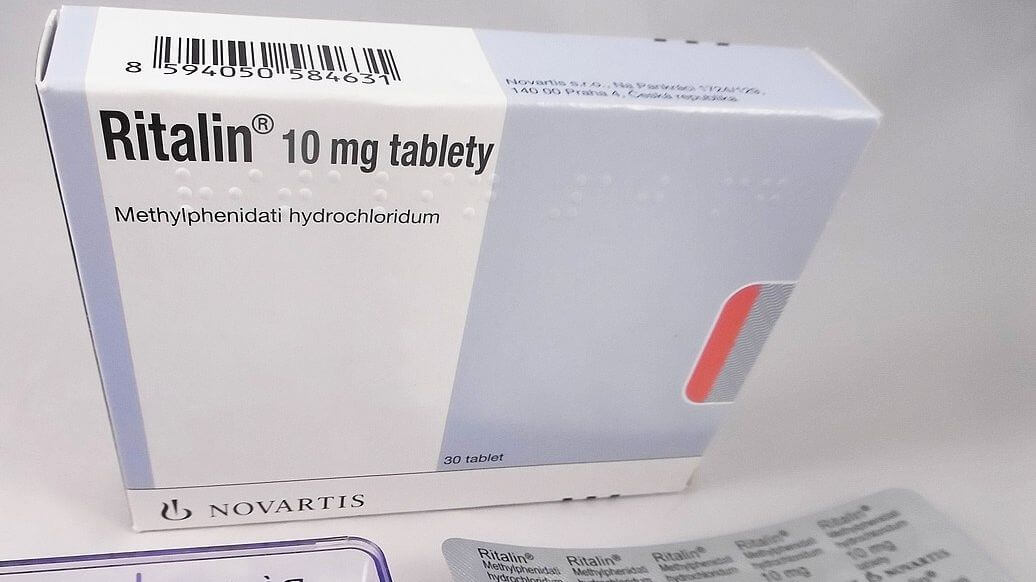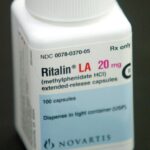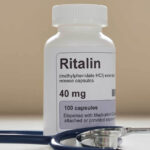Strategies For Parents
Ask for an evaluation by a physician or psychologist if you are seeing (or hearing) that your child (4+) has problems paying attention, completing school work, controlling their actions or their mood and don’t seem to improve (over six months) despite your best effort.
Realize that a child can have difficulties paying attention for a variety of medical reasons, other than ADHD including: anemia, hypoglycemia, diabetes, thyroid disorders, sleep disorders, allergies, dietary insufficiencies of zinc and magnesium, visual problems (acuity, tracking, & convergence) and hearing problems. Make sure that your child is evaluated thoroughly by a physician before concluding a diagnosis of ADHD.
If your child is diagnosed with one of these other conditions, treat that medical problem first. If “ADHD” symptoms persist, then pursue medical treatment for ADHD. Inform the CSE Chairperson in your school district that your child has been diagnosed with ADHD and request an evaluation in order to determine the need for an Individual Education Plan (I.E.P.) or 504 Accommodation Plan. Part of most plans will include at least weekly communication between teacher and parents regarding the child’s progress.
Initiate and maintain a relationship with a health care provider who commonly treats (and has been successful) in treating patients with ADHD. Parent counseling, social-skills training, EEG biofeedback, and school interventions have all been useful in promoting the success of patients with ADHD. Individual psychotherapy, “cognitive-behavioral” therapy, and traditional group therapies have not been demonstrated to be helpful.
Tips for Parenting your “ADHD Child”
(Source: V.J. Monastra.(2004). Parenting Children with ADHD: 10 Lessons That Medicines Can’t Teach. Washington, D.C.: American Psychological Association’s Magination Press.
At home, establish a weekly “planning time” to decide what skills you’d like your child to “work on”. Select about six.
Divide your child’s day into four parts (before school; at school; before dinner; and after dinner). Establish what tasks your child needs to accomplish during each period (e.g. get washed, dressed, eat breakfast before school; cooperate with the teacher and complete school work; complete an afternoon chore and part of homework before dinner; finish homework, get ready for bed and go to bed without a major battle).
Reward and punishment typically backfire with kids that have ADHD. I’ve often observed that there seems to be no reward too big or punish- punishment too great to consistently work with these children. Here are the basics of the motivational strategies taught at our clinic.
-
- In life, your child will need to work for what he or she wants. There should be very few “freebies” at home. Your child needs to earn t.v., computer, video, phone, organized sports, and other privileges by obeying parental rules and taking care of their responsibilities without whining, griping, avoiding, yelling, etc. Until they complete their morning, school(etc) responsibilities, their life is “on hold”. The child needs to complete their tasks (as well as “make up” for excessive whining, yelling, screaming, throwing, etc) before play. As important, you need to realize that by giving away “freebies” you are pretty much eliminating the kinds of motivators that you will need to teach your child life-skills.
-
- In life, if you make someone’s life more difficult, then you need to make it easier in some way. Translation, if your child yells and gripes for 40 minutes over doing their homework, then finally “gives in” and completes it, before they proceed to have some fun, they need to apologize and do something to make your life a bit easier.
-
- In life, if you “mess up” you need to “make up”. We all can lose our cool and get angry, sarcastic, or mean. If your child does this, then they need to apologize and “make up”.
-
- Yelling does not accomplish anything. Children need to be taught how to solve problems with you and their peers. This is a primary focus of parenting classes and social skills programs.
- Nutrition Does Matter. Protein is the foundation of attention and concentration. Children who eat the USDA recommended amounts of protein at breakfast and lunch are in a much better position to do their school work than kids who don’t. For little kids (under 7) 10-15 grams at each meal would be great. For older children, try to encourage them to eat about 15-20. Teenagers would do well to consume between 20 to 30 grams at breakfast and at lunch. A simple guide follows:
Your child will get about 7 grams of protein from each of the following foods:
1 egg (just the white… in case your child doesn’t like the yolk)
1 ounce of beef, chicken, pork, poultry, or fish (you’d be surprised how many kids like chicken nuggets or tuna for breakfast)
1 glass of milk (8 ounces)
1 ounce of cheese (typically 1 slice)
2 tablespoons of peanut butter.




